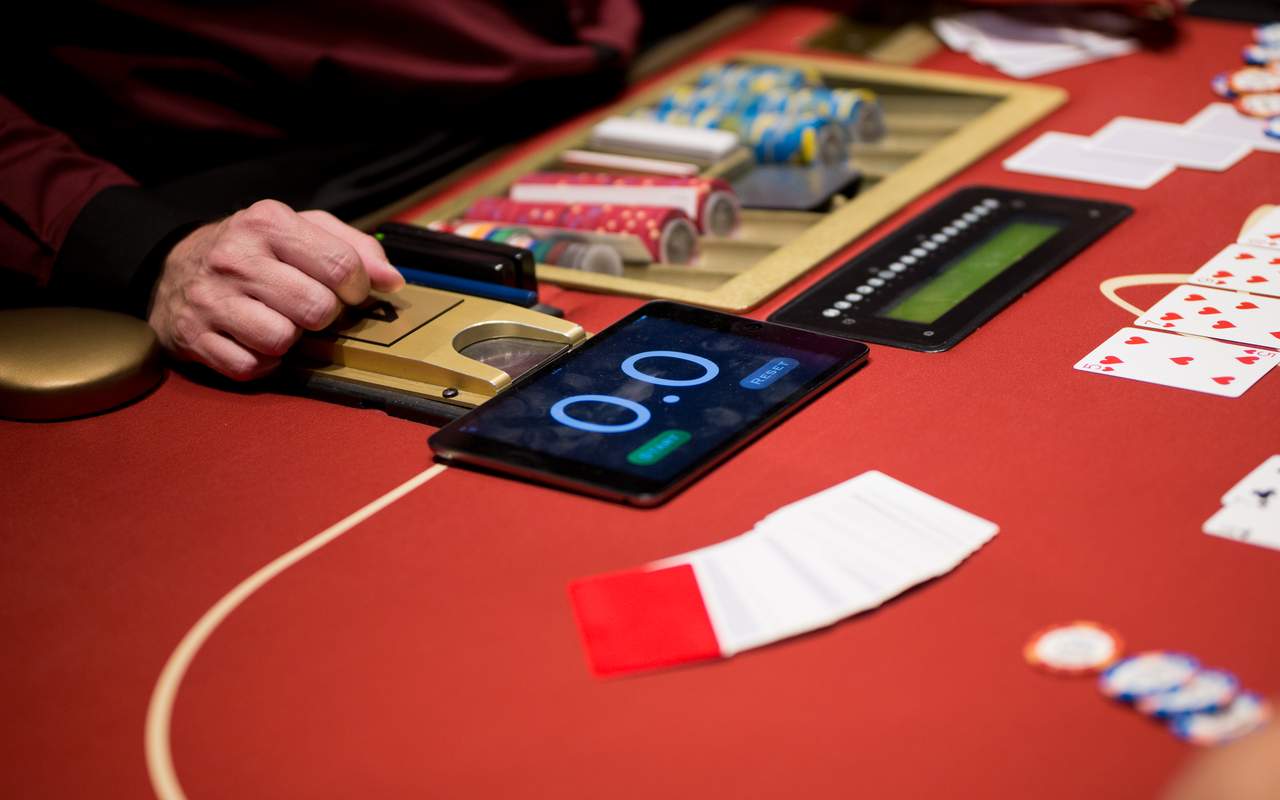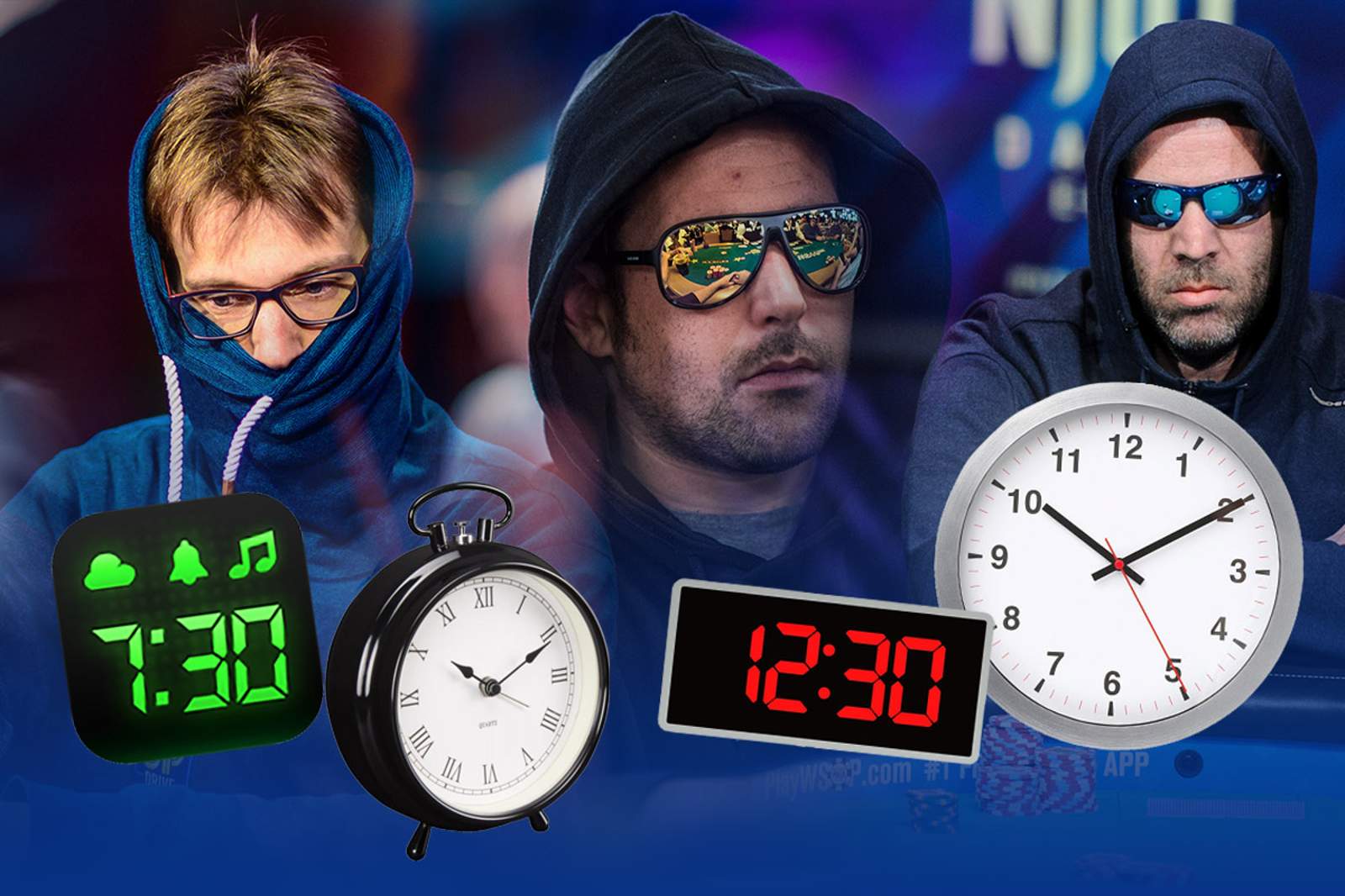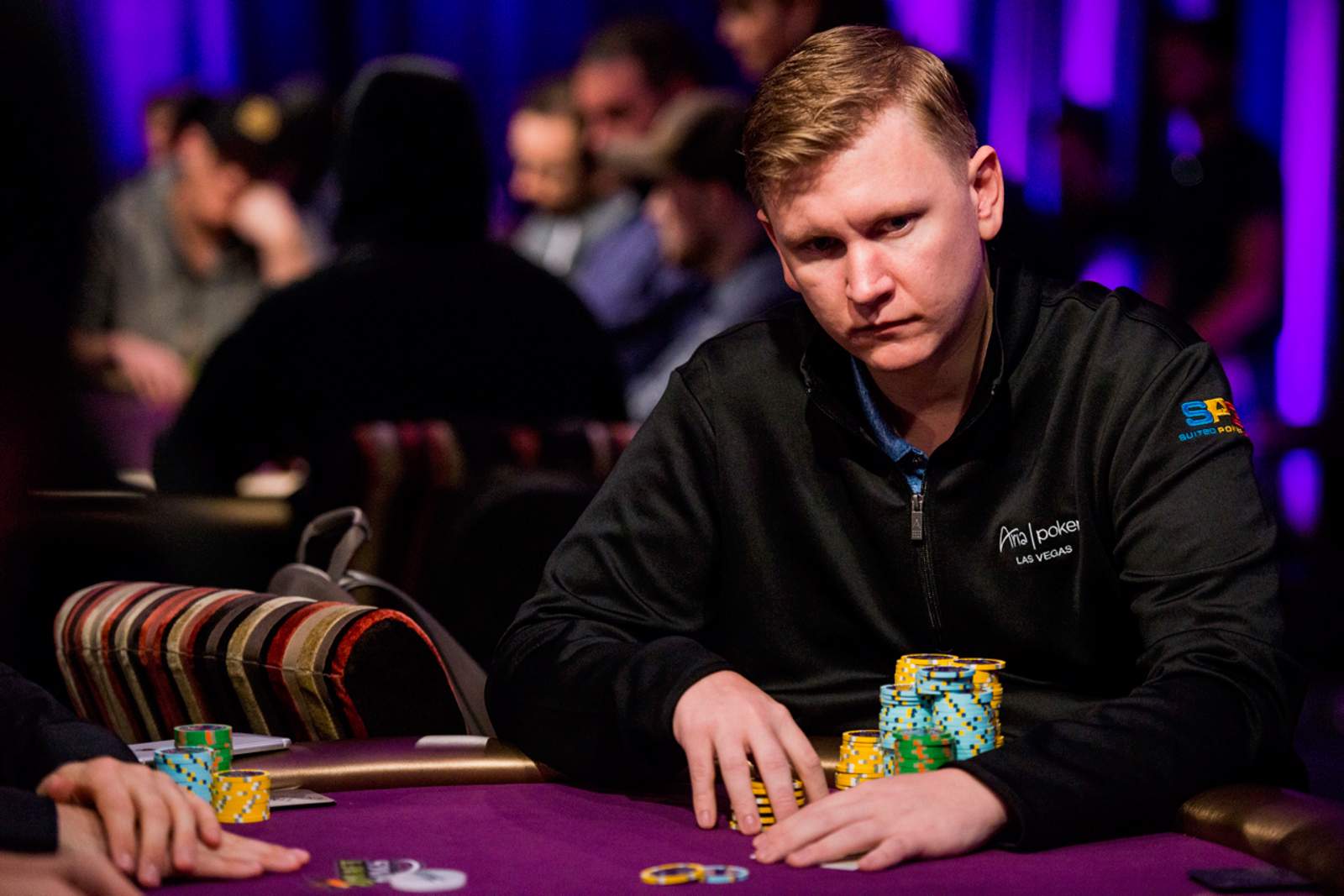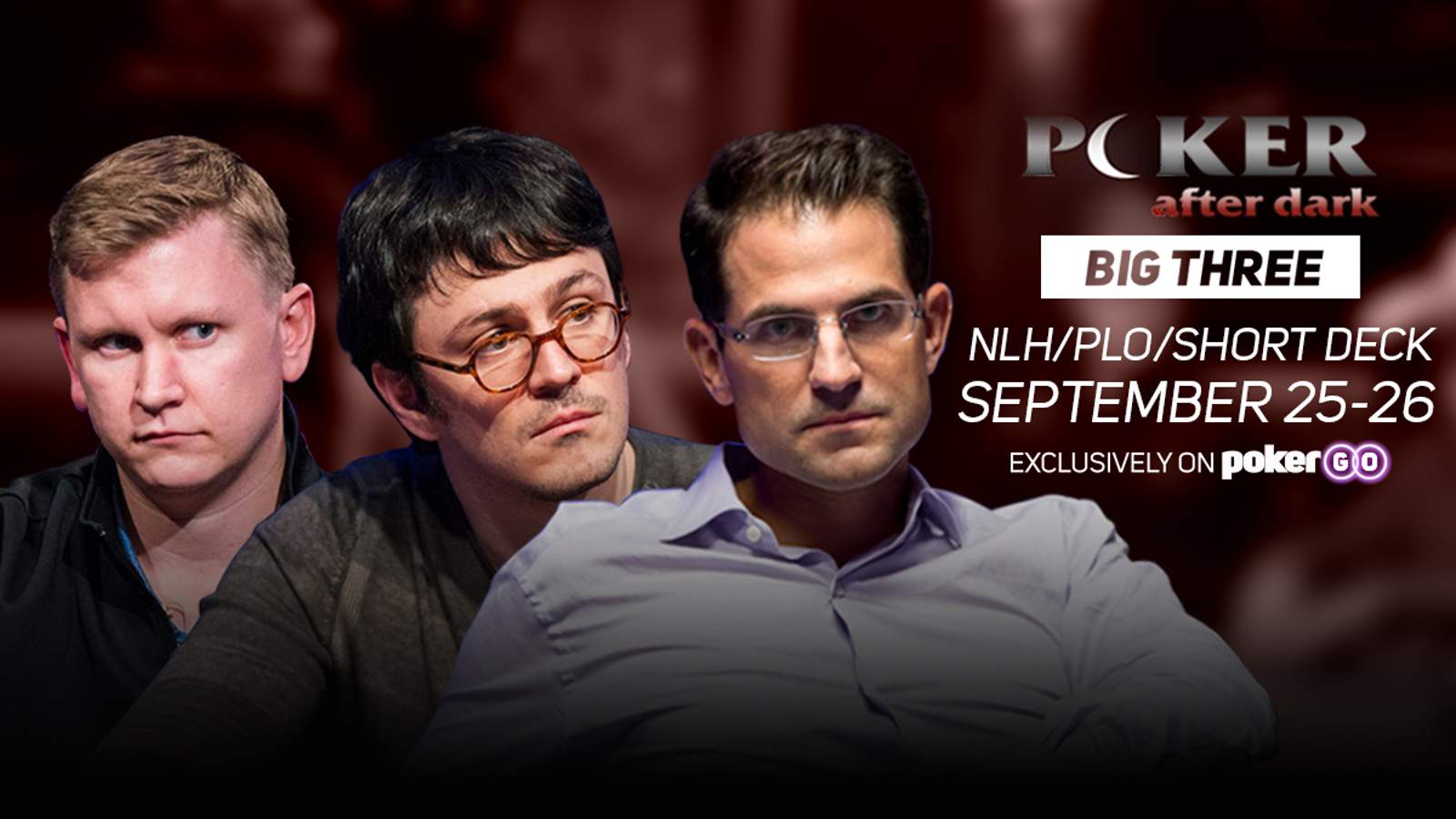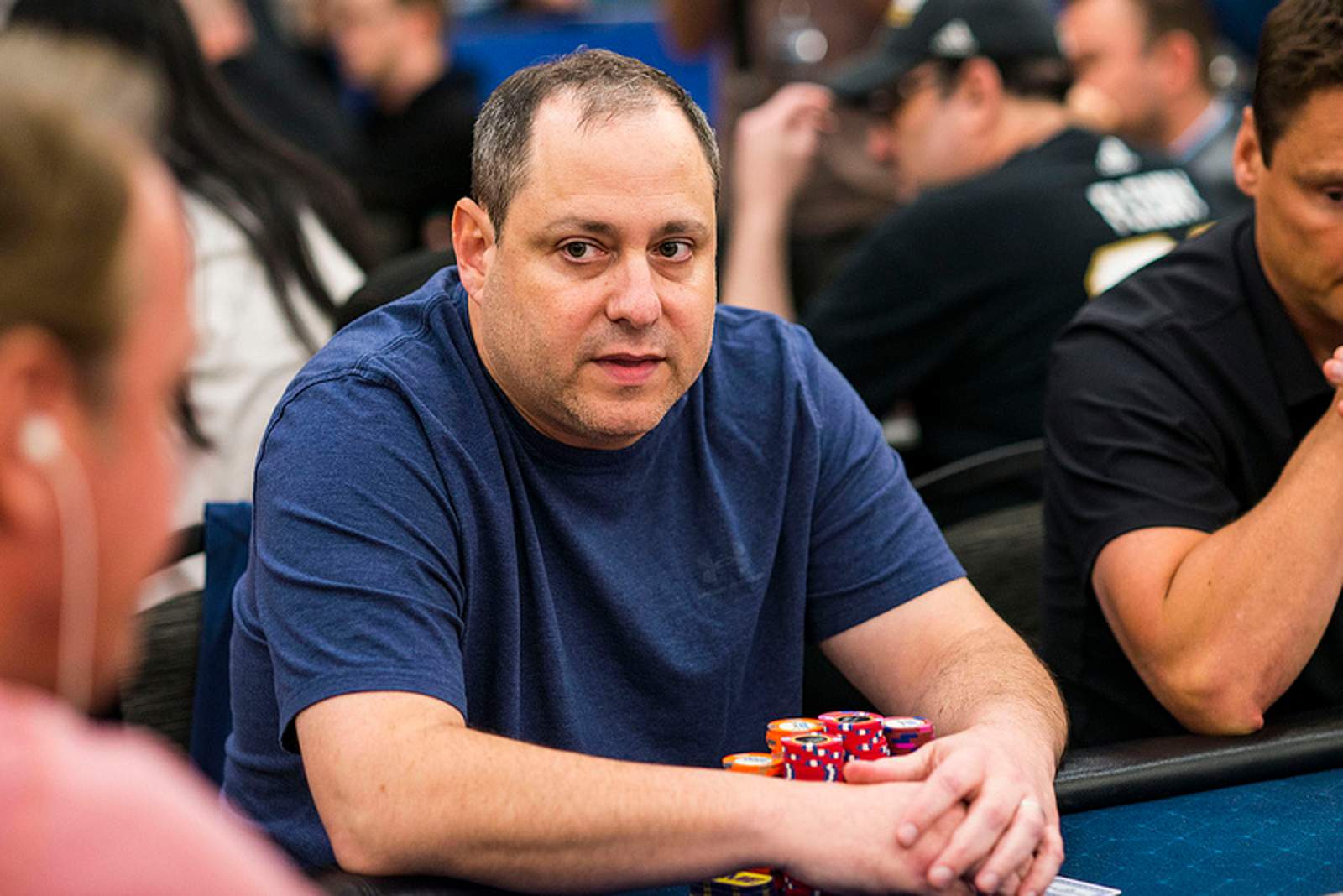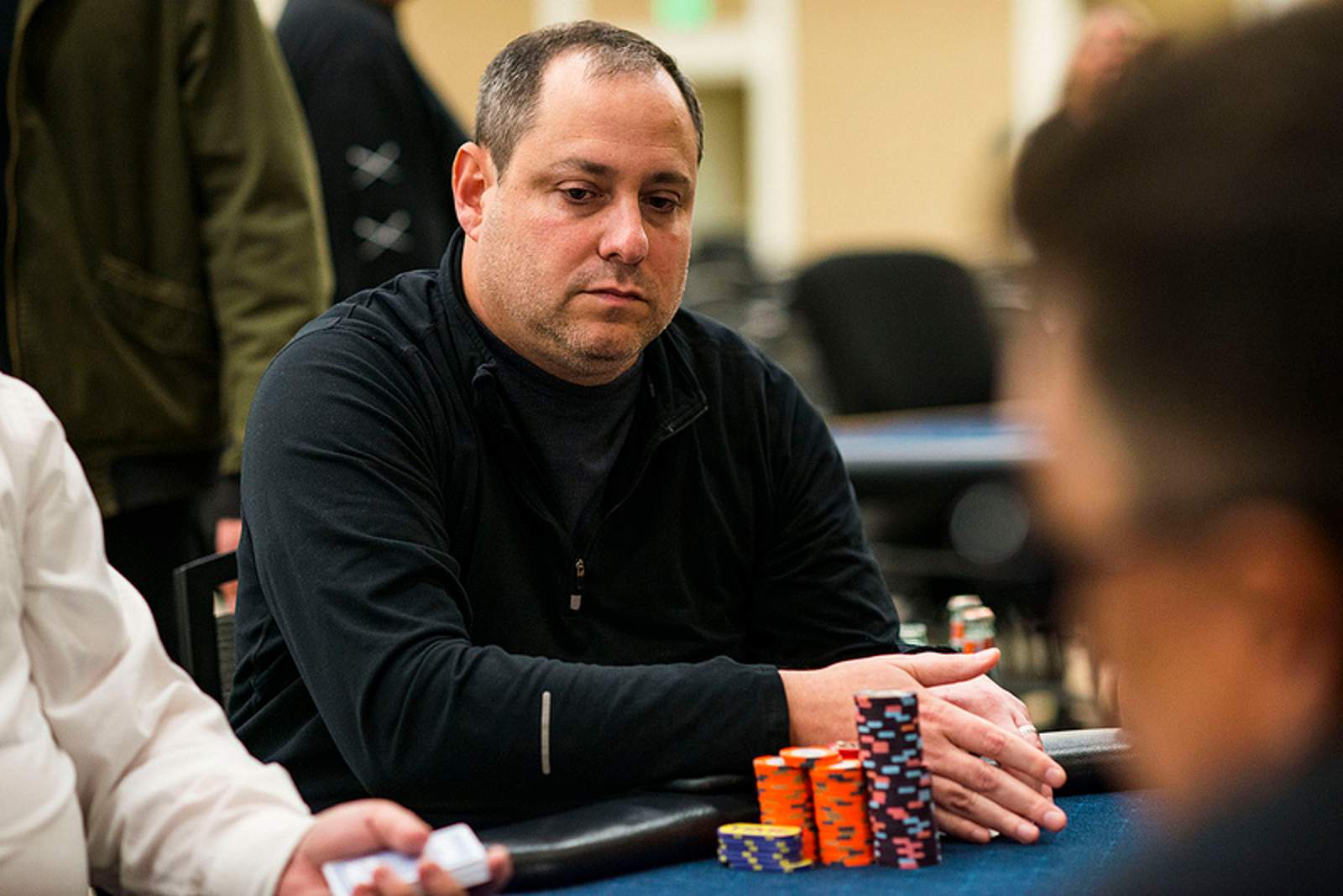Related Articles
Short Deck, "Big Three" Week Live on PokerGO
Short Deck Makes "Poker After Dark" Debut During "Big Three" Week
As poker moves towards an era where the shot clock is part of the landscape, we ask what the consequences might be for the game we all love. Will it slow down or speed up play? Which type of player benefits most from the tick-tock of a decision needing to be made?
So the question is: What if every poker tournament and cash game had a shot clock?
TIME FOR CHANGE
Poker has been slowing down for years is the argument. Once upon a three-bet, that was called slow-play, and it was no less respected as a style than safety play at the snooker table. Recently, however, slow play has become synonymous with wasting time and creating animosity. Call it what you like, tanking has become a bugbear poker simply cannot stand to have at the table.
But should poker move on from an era where each man or woman have had as long as they needed to make a decision unless the clock was called? Going from free time to time bank has many implications upon the modern game.
A NEED FOR SPEED
With shot clocks in place for every tournament, one group of people will be better off than ever before – shot clock makers. But with players at every table timed, will they actually play faster poker? At an average bricks-and-mortar casino, you’ll play somewhere around 30 hands per hour, and that’s highly optimistic. That’s two minutes per hand – sounds quick, right? But imagine if every hand took two minutes. It would be too short for many hands and far too long for others.
If one player raises and takes, while all the others at a nine-handed table use their shot clock before they fold, they’d take four minutes plus the time it took the aggressor to put in those extra chips. Even if we call it four minutes, that’s still double the average live poker hand length.
Would that be the case in reality, or would the speed increase, as it does online, where hands are on the virtual clock and players are forced to make quicker decisions for fear of losing their banked time?
RECREATIONAL RECRUITMENT
Many professional players say that the game is simply too slow. And it is – for them. With shot clocks enforced as strictly as the rule employed by the Rio in Las Vegas that there should never be more than one gentleman’s restroom per three cubic miles, would a sense of fun be at risk too?
Recreational players play with aspiration, but they often play with perspiration, too. It’s about the flow of beer and conversation as much as it is about the game. They might find themselves in a timed tournament and not enjoy it, but they could always find somewhere to play poker where they weren’t being forced to make a decision in 30 seconds. With a total shot clock enforcement, they wouldn’t have that option and might disappear from the eco-system entirely.
On the other hand, recreational players might love it. Playing more hands and not taking the game so seriously might include the thrill of playing poker on fast-forward. Providing players get to even a basic level of competency, the 30 seconds might prove just the right amount to keep the game more fun for everyone, not just the high stakes professionals.
SETTING OUT YOUR STALL
Even with shot clocks in play, stalling players can stall for 30 seconds every hand where once they might have been warned after a few hands of excessive fake-tanking. Tournament directors, hands tied by the demon clock, might find themselves going from table to table to enforce punishments and sorting out debates over whether a hand was called on the buzzer or after. Fine margins are there to be exploited, after all.
On the other hand, maybe stalling players would get bored of utilizing a rather petty tool to stretch out the game. Money bubbles (or the period before the bubble) slow down anyway, and the limit of 30 seconds might restrict the length of delay and help the poker media cover the action, knowing they have exactly 30 seconds from the deal for each player in turn to make a decision.
With the shot clock bound to come into play before too long, you’ll never run out of time to catch up on the latest action from the purple felt at some of the hottest new tournaments in town.
From Friday Night Poker to the recent U.S. Poker Open, you can catch up on the latest PokerGO streams and classic archive footage by subscribing today. For round-the-clock poker documentaries, live events and classic World Series of Poker action, you can set your watch by us at Poker Central.
Related Articles
Short Deck, "Big Three" Week Live on PokerGO
Short Deck Makes "Poker After Dark" Debut During "Big Three" Week



